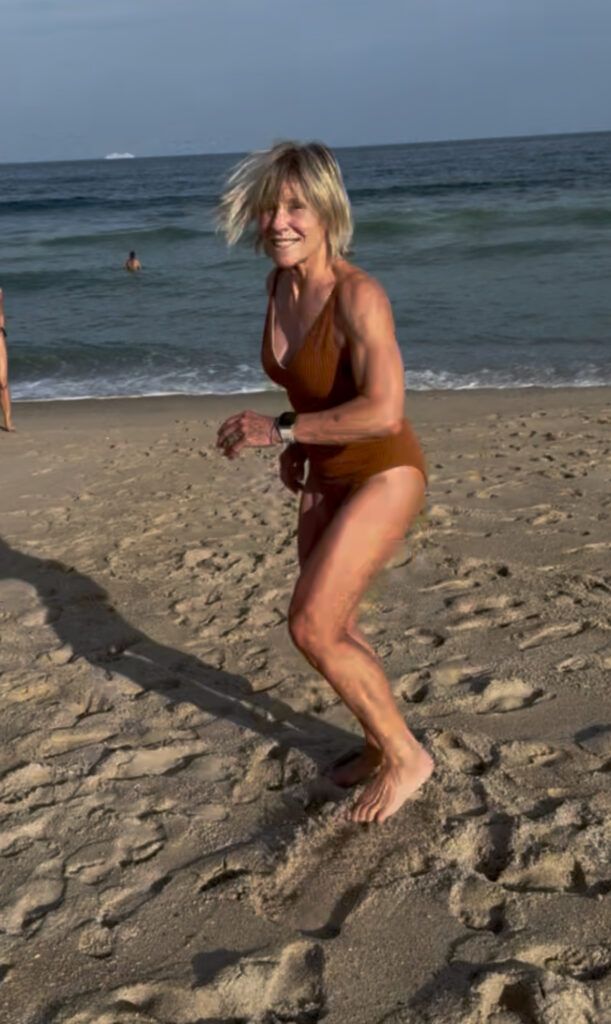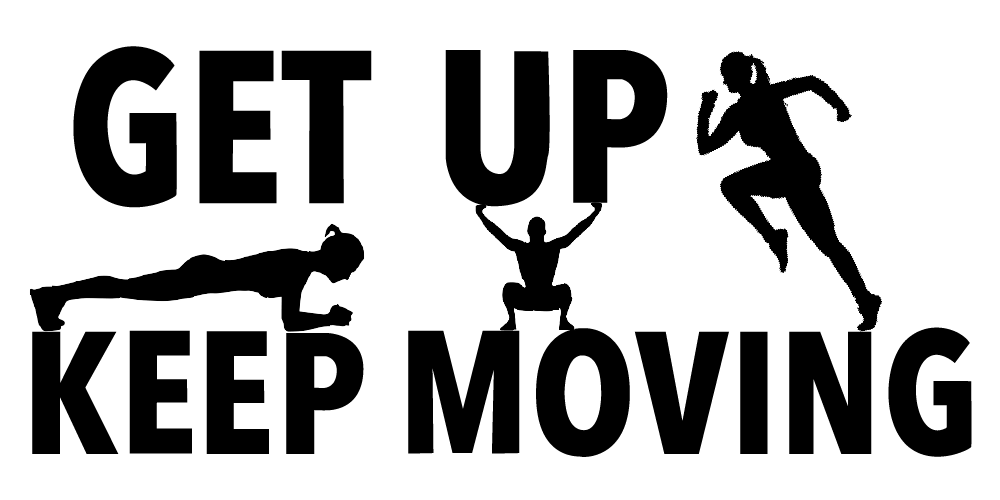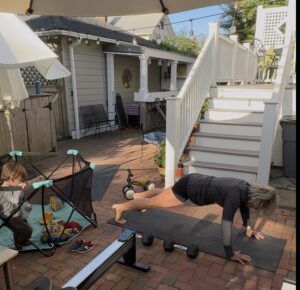These are the legs I used to hate.
Gym suit elastic pinched around my thighs. I was called chunky, chubby, and those labels have stuck.I still deep down think of myself as big. This is the meaning of distorted body image, dysmorphia, and the effect of words on a young girl.
At 72, I’ve spent most of my life trying to dispel it.
Even more important, I’ve learned to use my “big boned” (that’s not a thing) body to become strong, powerful, and mobile, and I’m coaching other women to do the same.
That’s why I’m so ticked off now after a very short period of “body positivity” the pendulum has swung back to thin. Even extremely thin.
Models are walking coat hangers, and average-size or plus size models are nearly non-existent on the runway
A wave of celebrities are openly endorsing, or quite obviously demonstrating the use of weight loss drugs. It’s packaged as personal empowerment, “healthcare” – oh please Serena, or “just another tool in your health and fitness box.”
But the normalization of medical intervention is dangerous, especially for impressionable young women, and even more so for those struggling with body image. In. the long term it can lead to terrible health consequences.
Being skinny isn’t glamorous, and it’s the opposite of empowering. Succumbing to social pressure to bet thin is empowering the industries that profit from making women feel insecure in their bodies. I was so indoctrinated at a young age with descriptions like chubby, sturdy, chunky that I still have that distorted body image. We are so easily influenced, and targets for advertising and marketing.

Quick Fix vs. Real Health
The problem isn’t just the drugs themselves, it’s the message the marketing sends, that thinness as the only desirable goal and that aesthetics are more important than performance, and real health. These endorsements completely overlook the real markers of health: strength, mobility, energy, and joy in moving your body.
What the Science Says
Here’s what’s actually happening inside the body: drugs like GLP-1 agonists (Ozempic, Wegovy) make it less desirable to eat, “silencing food noise”. Ok it’s good not to be obsessed with food. But reducing food consumption can mean eating less of everything, and up to 40% of the weight lost from the use of weight loss drugs is lean mass, which is muscle and bone.
-
Less muscle → slower metabolism
-
Less bone → higher risk of fractures
-
Both together → frailty, loss of independence, and even higher all-cause mortality.
The Celebrity Effect
Celebrities have trainers, chefs, recovery specialists, and access to medical monitoring. When they present weight loss drugs as an easy solution, they’re selling an illusion. Most people don’t have that safety net, and yet the pressure to measure up is very real.
What Gets Silenced
Even worse, this trend drowns out a more powerful narrative like the one Ilona Maher so beautifully embodies: strength, power, mobility, health, and confidence at every size. But even Ilona is susceptible to criticism on social media for being big.
When social media and popular culture have a harmful effect and normalize shrinking women, it sidelines the celebration of what our bodies can do.
The Better Path
Strength training, protein-rich nutrition, sleep, and daily movement are what protect your muscles, bones, brain, and heart for the long run. These things aren’t flashy (in fact it’s the boring basics that are most important), and they definitely don’t make money for the “wellness” industry that thrives on keeping women feeling insecure, and selling us products, drugs, and scams.
Last thoughts:
Your muscles are your most important asset.
Protect them. Build them. Don’t trade them for a drop in the number on the scale.
As a woman who’s been through decades of all of this – I’m stronger now than I was at 40. In those years I was so easily influenced by the thin narrative in magazines. I know I didn’t eat enough, I got on the scale every day. I thought my strong legs were too big.
I finally got smart at 50, and strength training took priority over being skinny. I became a coach. Now for 20 years I’ve been enabling women to celebrate what their bodies can do at any size.
Movement and resilience, a degree of consistency in training, and a mostly positive mindset can lead to good health at any age, and it has nothing with the size of your body.
x
Polli





2 Responses
Great article. I’m not happy with all this emphasis on weight reduction drugs, rather then eating a balanced diet and it’s contrary to living a healthy, drug free life.
Exactly! Nutrition and strength training plus mobility are the keys to life!